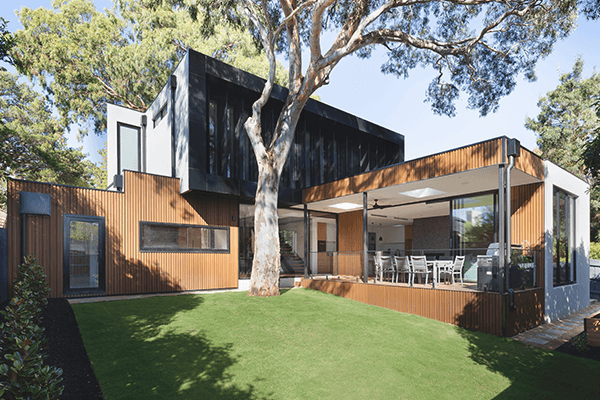Starting your own business in the world of property development is exciting and can be a great success if done right. You need to do plenty of planning ahead and research before entering it as a career, however, to make sure you make the best investment decisions. In this post, we’ll be helping you to become familiar with what it takes to be a property developer, as well as featuring more information on the options available for different investment opportunities. Keep reading if you want to find out more.

Contents
Deciding What Kind Of Developer You Want To Be
One of the first steps you’ll need to take is deciding what kind of developer you want to be, and the portfolio you want to build. There is no right way to be a property developer, it will depend on your personal preferences, and how you want to earn a profit from the properties, you take on. Below, we’ve listed the different options there are when it comes to investing in property.
Flipping Houses
House flipping is a process by which a developer buys a run-down property and renovates it, making it more modern and more appealing to sell on the market. As the value of the house goes up because of the better-quality structure, layout, and decoration, it can end up selling for much more money than the developer paid for it. If it goes to plan, house flipping is a great way to earn good money quickly and can either be done on its own or used to build capital for investing in other properties as part of a portfolio.
Of course, there is the risk that the property value will not go up as expected, which means little profit, so it’s important to do plenty of research into the property and area before choosing to flip a house. You should also be sure to budget carefully to ensure the renovation cost doesn’t take away too much from any end profit made once selling the house.
Constructing And Selling New Builds
The demand for new build houses has increased in recent years, potentially due to the government’s help to buys scheme and a demand for better quality housing. There are also many buyers who don’t want the hassle of having to renovate a property to get it to a good standard, so new builds are far more appealing to them.
Constructing new builds and selling them on can be a great way to make a big profit if done well and can see you build an exciting and profitable portfolio. One thing you need to ensure when selling new builds is that you have a 10-year building warranty in place.
Experts such as Buildsafe can help you acquire a building warranty. These warranties help to make sure the new owners of the property are covered should there be unforeseen issues with the build. It also helps you as a developer as there could be quality issues with a new build that don’t always get picked up on during quality inspections. Another key element to remember when choosing to construct new builds is that you have done plenty of research into the market you’ll be selling your builds into, and whether they can meet the demand to reach a good enough selling price.
Buy-To-Let
Buy-to-let involves purchasing properties, either as houses or flats, and renting them out to tenants. Usually, this involves renovating more run-down properties to increase their rental value.
Becoming a landlord has a lot of rules and regulations, so it’s important to make sure you do plenty of research before letting out a property to help protect yourself and your property. Buy-to-let properties should be seen as a long-term investment, rather than a quicker way to make large sums of money as with house flipping. You will also probably need to build a portfolio of rental properties with a good yield in order to make a good profit, especially if you’re going to be using your portfolio as your main source of income.
Student Housing
An increasingly popular area of the property developer market that developers are choosing to invest in is student housing. This is due to the fact that landlords are able to make a profit from several rooms within one building, meaning this type of letting can be more profitable than renting to other types of tenants.
As the payments for rooms often come from student loans from the government rather than the students themselves, it can also cut out the risk of having tenants that don’t pay or don’t pay on time. If you make sure you invest in the right locations, there can also be high demand for housing, making it easier to find tenants to fill your properties. Luxury student housing is particularly performing well for landlords, so investing in a better quality finish to your properties can help to ensure you find students interested in the rooms you have to rent.
